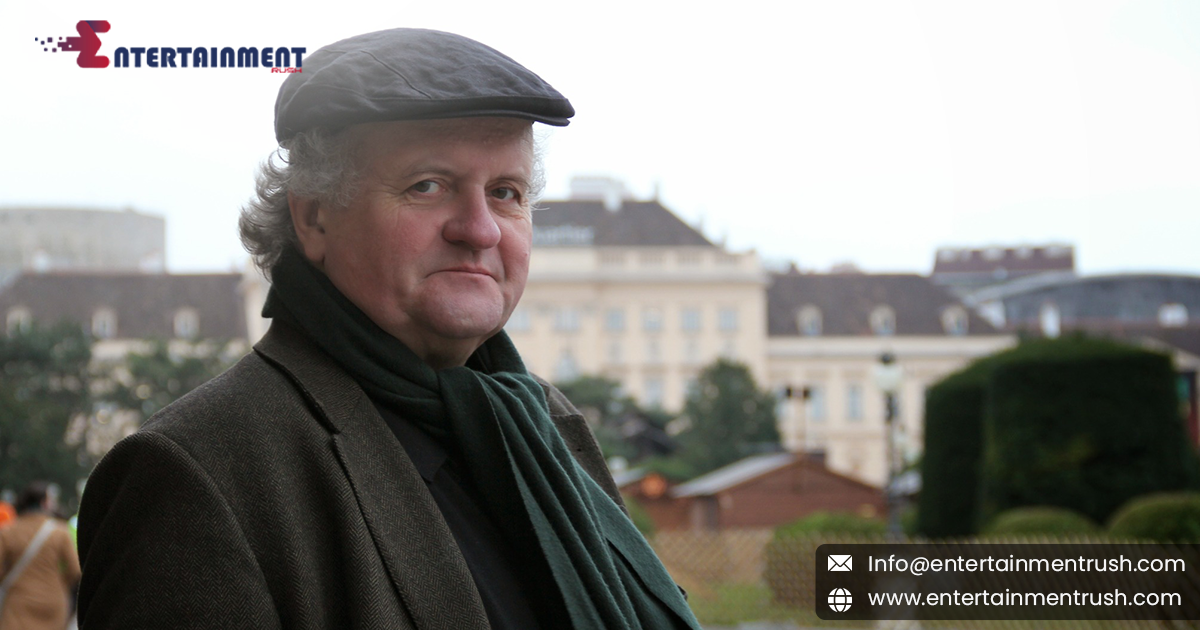The classical music world has been profoundly impacted by the passing of Wolfgang Rihm, one of the most influential contemporary composers of our time. Rihm, who died at the age of 72, leaves behind a remarkable legacy defined by his innovative approach to composition and his significant contributions to the evolution of modern classical music. His death marks the end of an era for contemporary music, and his absence will be deeply felt by the global community of musicians, critics, and audiences who have admired and been inspired by his work.
A Pioneering Career in Contemporary Classical Music
Wolfgang Rihm’s career spanned over five decades, during which he established himself as a towering figure in the world of contemporary classical music. Born in Karlsruhe, Germany, Rihm’s early exposure to music and his education at the Karlsruhe Music Academy laid the groundwork for a career that would push the boundaries of traditional composition. His work is characterized by a unique blend of innovation and tradition, seamlessly integrating avant-garde techniques with the rich heritage of classical music. Rihm’s compositions are known for their emotional depth, complex structures, and a distinctive use of timbre and texture that set him apart from his contemporaries.
A Diverse and Impactful Body of Work
Throughout his career, Rihm created an extensive and diverse body of work, including operas, symphonies, chamber music, and choral pieces. His ability to traverse various musical genres and forms is a testament to his versatility and creative prowess. Among his notable works are “Jagden und Formen,” an opera that explores themes of human nature and existentialism, and “Körper,” a powerful orchestral piece that delves into the interplay between sound and physicality. Rihm’s music often challenges listeners with its complexity, yet it remains deeply engaging and accessible, reflecting his belief in the transformative power of music.
Contributions Beyond Composition: Educator and Mentor
Rihm’s contributions to contemporary music extend beyond his compositions. He was also a respected educator and mentor, influencing a new generation of composers through his teachings and guidance. His role as a professor at the Karlsruhe Music Academy and his involvement in various music festivals and institutions allowed him to share his knowledge and passion with aspiring musicians. Rihm’s impact on the field of music education and his dedication to nurturing young talent are integral aspects of his enduring legacy.
Global Tributes and Reflections on His Legacy
The news of Rihm’s passing has elicited an outpouring of tributes from around the world, reflecting the deep respect and admiration he garnered throughout his life. Colleagues, students, and music enthusiasts have expressed their sorrow and appreciation for his contributions to the arts. His work has been celebrated for its ability to evoke profound emotions and stimulate intellectual curiosity, qualities that have endeared him to audiences and critics alike.
A Lasting Impact on Contemporary Classical Music
As the classical music community comes to terms with the loss of Wolfgang Rihm, there is a collective recognition of the void left by his departure. His music will continue to be performed, studied, and revered, serving as a lasting testament to his artistic vision and ingenuity. The impact of his compositions will be felt for generations to come, ensuring that his influence on contemporary classical music endures long after his passing.
Reflecting on Rihm’s Extraordinary Legacy
Wolfgang Rihm’s death marks the end of a significant chapter in the history of contemporary classical music. His extraordinary talent, innovative spirit, and profound contributions have left an indelible mark on the world of music. As we reflect on his legacy, we are reminded of the power of creativity and the enduring impact of those who push the boundaries of artistic expression. Wolfgang Rihm’s music will continue to inspire and resonate, preserving his place in the pantheon of great composers and ensuring that his voice remains a vital part of the musical dialogue.
